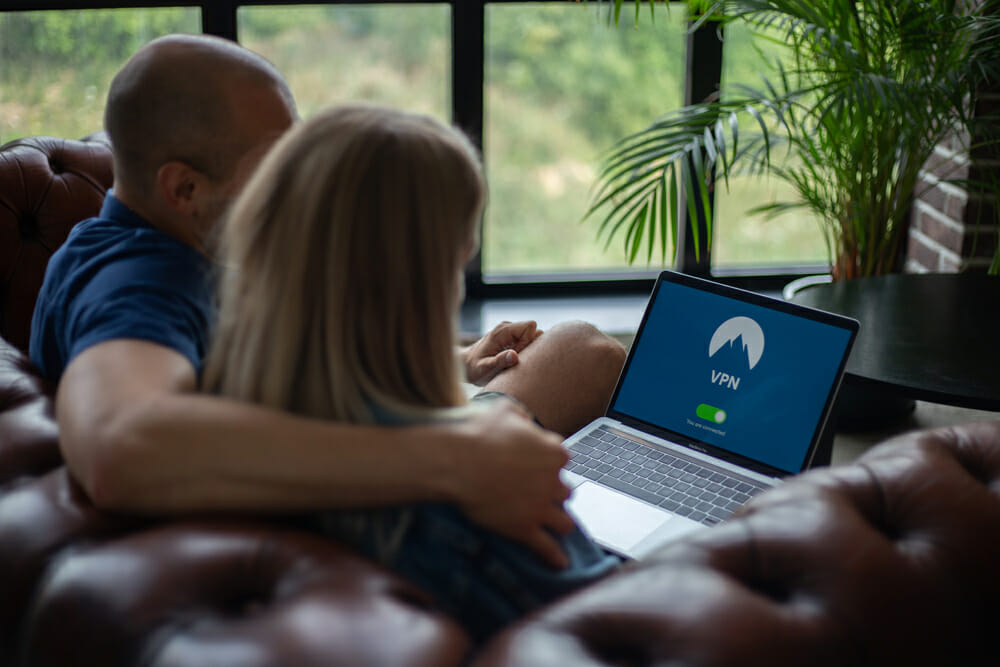Most of us are worried about identity theft and how to protect our privacy – especially if you’re like me and have a unique last name. The benefit of having a unique last name is credit and privacy issues jump right out at me when I routinely review my credit reports. Here are 10 Easy ways to protect your privacy, courtesy of Forbes Magazine:
1. Password Protect Your Devices
Practically no one chooses not password protect their devices, and it is the digital equivalent of leaving your home or car unlocked. If you’re really lucky, no one will take advantage of the access. It’s a risk not worth taking.
2. Put A Google Alert On Your Name
This is an incredibly easy way to stay on top of what’s being said about you online. It takes less than a minute to do. Go here: http://www.google.com/alerts and enter your name, and variations of your name, with quotation marks around it.
3. Always Sign Out Of Your Online Accounts When You’re Done
This will reduce the amount of tracking of you as you surf the interwebs and prevents someone who later sits down at your computer from loading one of these up and getting snoopy. If you’re using someone else’s or a public computer, this is especially important. Yes, people actually forget to do this, with terrible outcomes.
4. Be Discerning About Giving Out Your E-mail, Phone Number, Or Zip Code
Obviously, if someone sketchy in a bar asks for your phone number, you say no. But when the asker is a uniform-wearing employee at Best Buy, many a consumer hands over their digits when asked. Stores often use this info to help profile you and your purchase. You can say no. On the other hand, if you didn’t give me your e-mail address you wouldn’t be receiving this important information! Just be vigilant and pay attention.
5. Encrypt Your Computer
Encrypting your computer means that someone has to have your password (or encryption key) in order to peek at its contents should they get access to your hard drive. On a Mac, you just go to your settings, choose “Security and Privacy,” go to “FileVault,” choose the “Turn on FileVault” option. Boom goes the encryption dynamite. PC folk need to use Bitlocker.
6. Turn On 2-step Authentication In Gmail
This simple little step turns your phone into a security device – in order for your Gmail account to be accessed from a new device, a person (hopefully you) needs a code that’s sent to your phone. This means that even if someone gets your password somehow, they won’t be able to use it to sign into your account from a strange computer. Google says that millions of people use this tool, and that “thousands more enroll each day.” Be one of those people.
7. Pay Cash For Personal Items
Don’t want a certain purchase to be easily tracked back to you? You’ve seen the movies! Use cash. One data mining CEO says this is how he pays for hamburgers and junk food these days. And other unmetionables.
8. Change Your Facebook Settings To “Friends Only”
Visit your Facebook privacy settings. Make sure this “default privacy” setting isn’t set to public, and if it’s set to “Custom,” make sure you know and are comfortable with any “Networks” you’re sharing with.
9. Clear Your Browser History And Cookies On A Regular Basis
When’s the last time you did that? If you just shrugged, consider changing your browser settings so that this is automatically cleared every session. Go to the “privacy” setting in your Browser’s “Options.” Tell it to “never remember your history.” I always use Mozilla Firefox and I’ve set it to “never remember history” and “always delete cookies” when I log off. Consider a browser add-on like TACO to further reduce tracking of your online behavior.
10. Use An IP Masker
To hide your online footprint, you can download Tor or use an easy browser-based option like Hide The IP (hide-the-ip.com) or Mask My IP (mask-myip.com).


